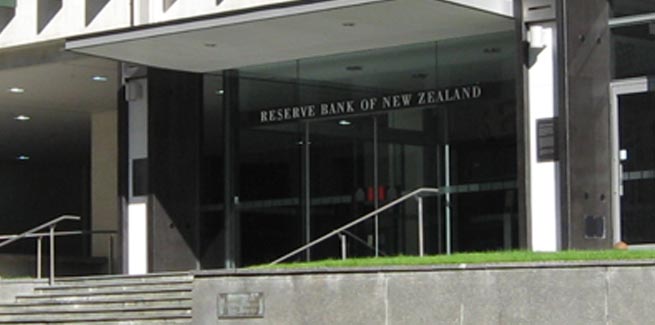The monetary policy committee of the Reserve Bank of New Zealand (RBNZ or Te Putea Matua) has agreed to increase the country’s official cash rate to 0.5 per cent, from its previous record low of 0.25 per cent.
The increase was the first for the central bank since July 2014.
RBNZ has been reducing its level of monetary stimulus, aiming to maintain low inflation and to support maximum sustainable employment.
Further removal of monetary policy stimulus is expected over time, with the central banks stating it will be contingent on inflation and employment.
The committee members also assessed the impact of monetary policy on the government’s goals of tackling house prices.
The Reserve Bank has ruled that the country’s level of house prices is “currently unsustainable”, with an assessment it made in August noting that lower interest rates have lifted housing demand by making mortgages more affordable.
But its monetary policy committee has since outlined expectations that a number of factors will limit price increases over the medium-term: a high rate of house building, slower population growth, changes to tax settings and tighter bank lending rules.
“Rising mortgage interest rates, as monetary stimulus is reduced, would also constrain house prices to a more sustainable level,” the committee’s statement read.
“Members noted a risk that any continued near-term price growth could lead to sharper falls in house prices in the future.”
The Reserve Bank had recently confirmed that it will further tighten high loan-to-value ratio (LVR) lending for owner-occupiers, in a bid to reduce risky mortgage lending.
From November, it will restrict the amount of lending banks can do above an LVR of 80 per cent to a tenth of all new loans to owner-occupiers, down from 20 per cent at present.
The limit has followed previous restrictions on LVR settings earlier this year – with investor lending already limited to 10 per cent of banks’ portfolios.
Meanwhile Australia has raised its serviceability buffer rate, after its regulators indicated they were considering clamping down on the mortgage market amid rising numbers of high debt-to-income (DTI) mortgages.
Inflation and the economy
The RBNZ committee cited inflation pressures for its monetary policy windback, stating they are becoming more persistent globally due to rising energy costs and supply bottlenecks pushing up prices.
Headline CPI (consumer price index) inflation in New Zealand is expected to rise above 4 per cent in the near-term before returning towards the 2 per cent midpoint over the medium-term.
While the economy contracted during the recent nationwide lockdown, household and business balance sheet strength, ongoing fiscal policy support and a strong terms of trade have made the bank confident that economic activity will recover quickly, as restrictions ease and vaccination rates rise.
However, RBNZ admitted the latest COVID limitations had badly affected some businesses in Auckland, with some longer-term implications for economic activity expected.
Earlier this week, the central bank launched a consultation into whether it should create a central bank-issued digital currency.
[Related: APRA makes move on home loan buffers]
 ;
;
